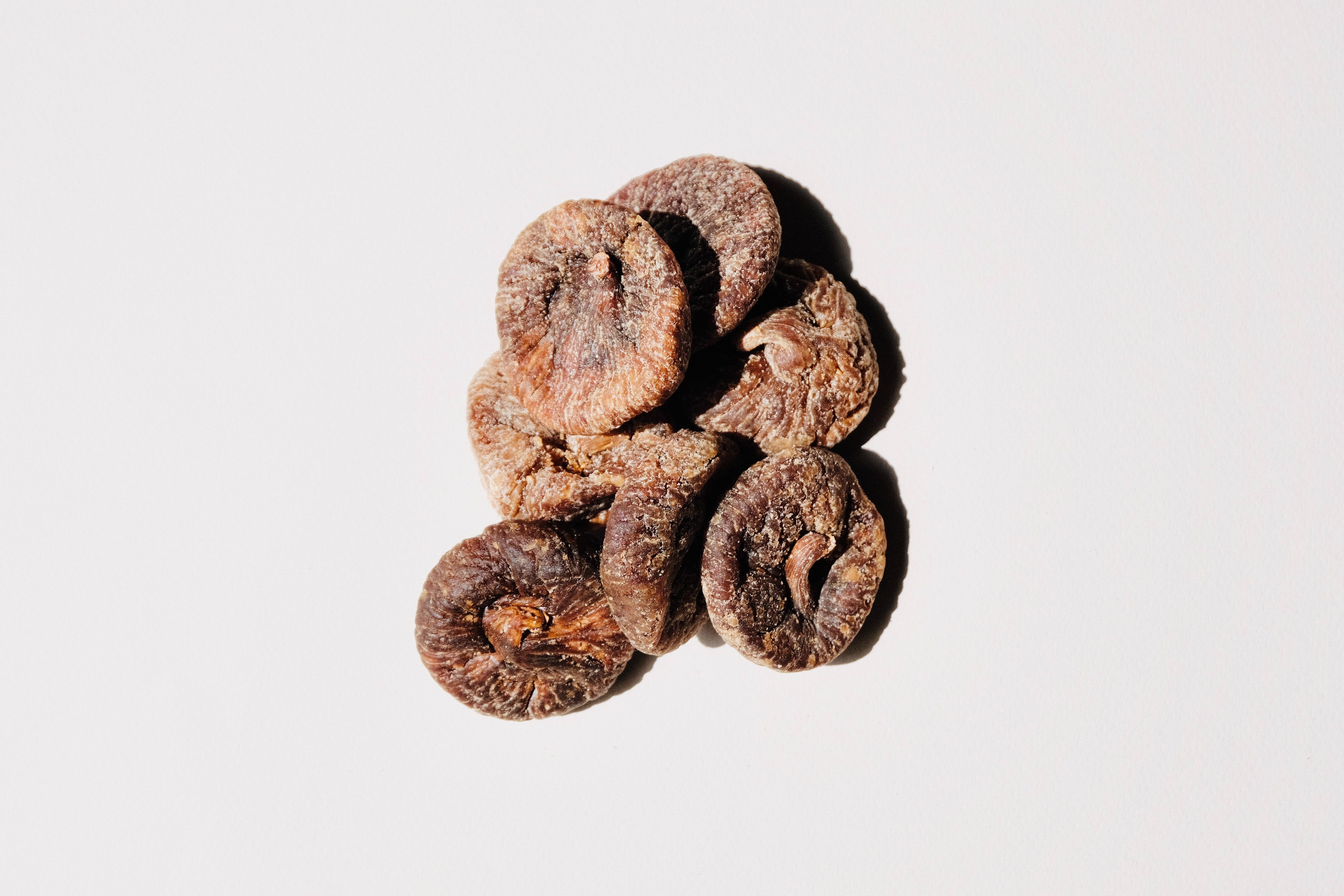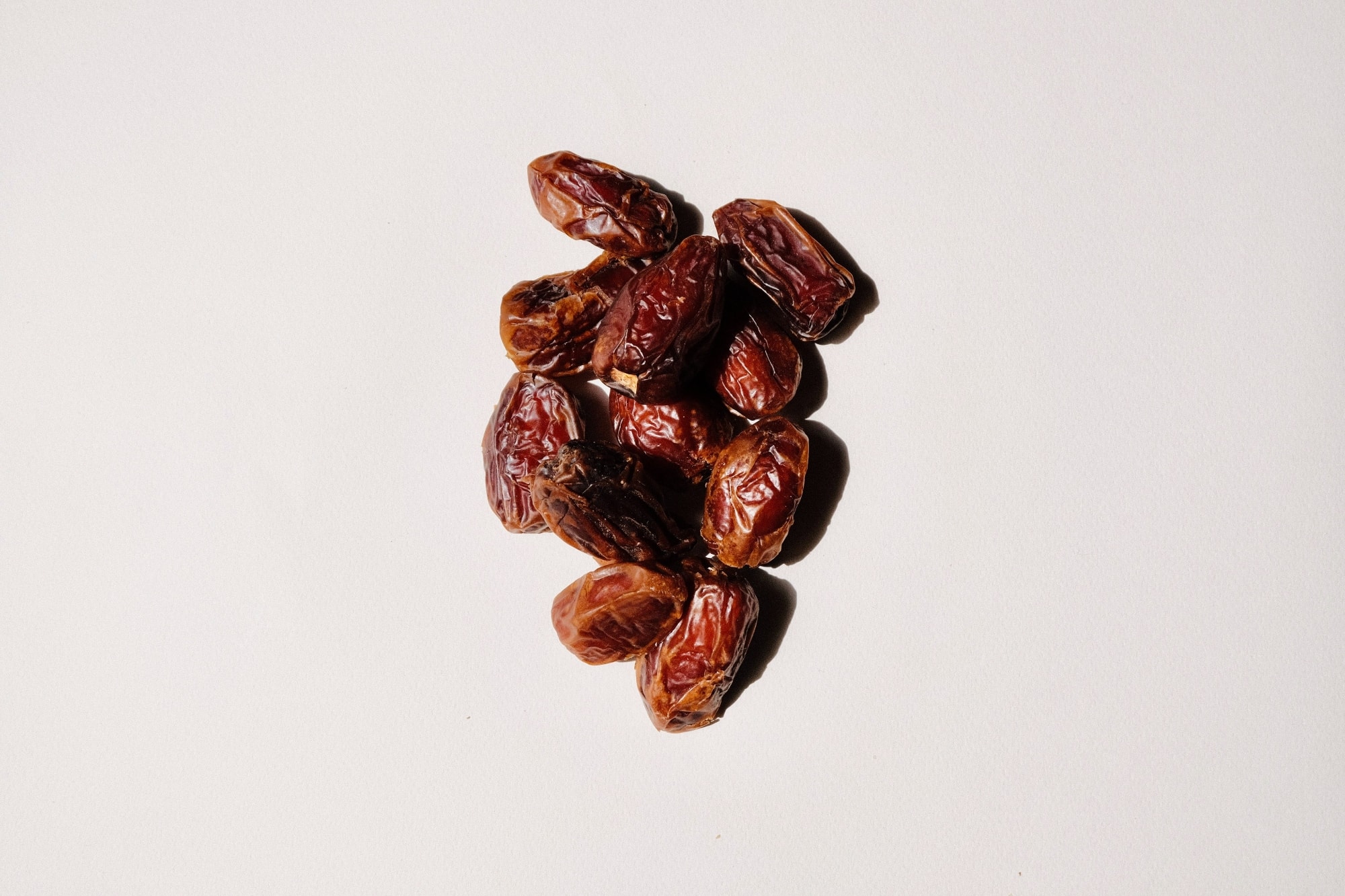The debate on whether dried fruit is good for you seems to have tipped back in favour of its advocates.
A new study by researchers from Penn State University has recently shown that people who consumed dried fruits on a daily basis, like raisins and dates, were generally healthier than those who did not. The researchers also found that on the days dried fruit was consumed, these individuals tended to take in more of certain key nutrients than on days when they skipped them.

In past research, a poor diet has been attributed to nearly half of cardiovascular disease related deaths in the United States, with a low intake of fruits being a major factor. According to a media release by Penn State University, the researchers were hence keen to examine if dried fruit could be an appropriate alternative to fresh fruit, given that the advantages. These include being available year-round, having a longer shelf-life, and generally offering a cheaper cost per serving.
Says one of the researchers, Valerie Sullivan, “The findings suggest that dried fruit can indeed be part of a healthy diet – with some caveats”.
The reported downsides to eating dried fruit
For a while now, dried fruit has drawn flak from nutritionists and dentists alike for its high sugar content. According to a nutritionist featured on Well+Good, dried fruit can contain as much as double, even triple the amount of sugar content than fresh fruit. For example, one cup of fresh cranberries contains 4 grams of sugar, but one cup of dried cranberries can contain a whopping 70 grams.
In part, this is because removing the water from dried fruit concentrates all the sugars and calories in a much smaller package. It becomes easier to eat large amounts at a time, which can result in excess sugar intake.
Additionally, to make dried fruits even more sweet and addictive, food producers sometimes add sugar or syrup before the fruit is dried, and added sugar has repeatedly been found to have harmful effects on health, such as increasing the risk of obesity and heart disease. Among dentists, dried fruits are commonly perceived to be detrimental to oral health, although no concrete scientific research has yet been conducted to prove this theory.
The significance of the Penn State study
The data from the Penn State study sparks interest because it brings to light new evidence for the consumption of dried fruit, with regards to cardiometabolic health.
For the study, 25,590 participants were reviewed, using the National Health and Nutrition Examination Survey. The participants provided data about all the foods they had consumed in the past 24 hours, including dried fruit, and also supplemented data on their cardiometabolic health – including body mass index (BMI) and their overall diet quality.
On average, people who reported consuming dried fruit in the survey were found to have healthier diets than those who did not. They also tended to have lower BMI, waist circumference, and systolic blood pressure.
Interestingly, the data indicated that people tended to eat more total fruit on the days dried fruit was consumed. On this finding’s relevance, Valerie Sullivan says, “On days when dried fruit was not eaten, we noticed fresh fruit intake was not higher. So dried fruit could be a way to boost overall fruit intake in people that aren’t eating the recommended amounts.”
What we can learn from the study
Keep track of calories
While participants in the study tended to consume more total macronutrients, like carbohydrates and dietary fiber, and therefore put in overall higher calories, many still reported a lower BMI and waist circumference.
Says Penny Kris-Etherton, another researcher on the team, “In our study, people who consumed dried fruits had a higher calorie intake but a lower BMI and waist circumference which suggests they were more physically active. So when incorporating dried fruits, pay attention to calories and be sure to substitute out calories from low-nutrient foods for dried fruits, to get the greatest benefit.”
Actively avoid added sugars
Says Valerie Sullivan, “Dried fruit can be a great choice for a nutritious snack, but consumers might want to be sure they’re choosing unsweetened versions without added sugar.”
Additionally, remember that portion sizes can be tricky with dried fruit because a serving of dried fruit is smaller than that of its fresh counterpart. ‘Moderation is key’ still applies when adding dried fruit to one’s diet, to avoid consuming excess sugar.
Join the conversations on THG’s Facebook and Instagram, and get the latest updates via Telegram.




























